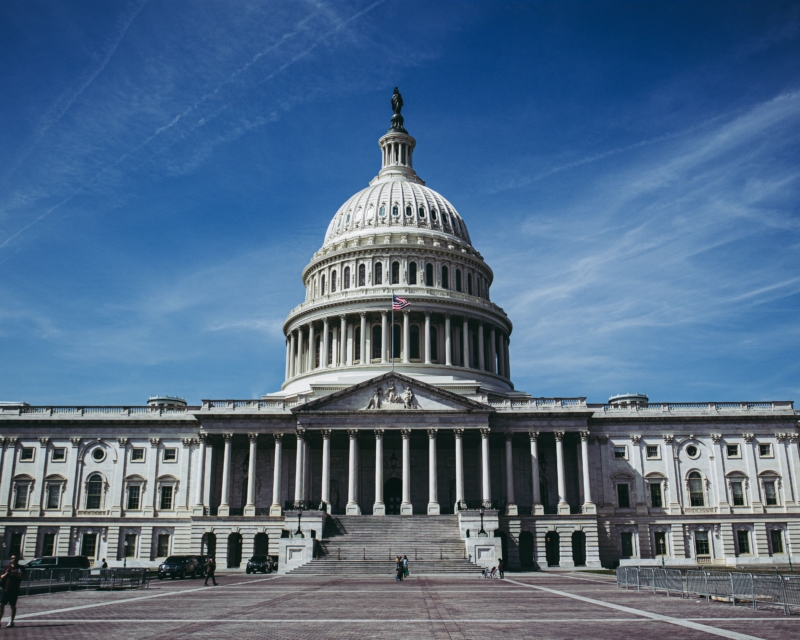US Elections Will Reveal Government Priorities: The American People Vs. Ukraine
The ongoing conflict in Ukraine has been a source of international concern since Russia’s invasion in early 2022. While the U.S. government has consistently expressed support for Ukraine, recent discussions and polling data have sparked a debate about whether the level of attention given to the conflict might be overshadowing domestic issues and the needs of the American people.
The latest University of Maryland Critical Issues Poll, conducted in collaboration with Ipsos, has raised questions about the U.S. government’s priorities in light of the Ukraine conflict. The poll, involving 1,203 respondents and conducted between March 27 and April 5, 2023, revealed some intriguing insights into the American public’s sentiment.
The data indicates signs of public impatience regarding the duration of U.S. support for Ukraine. Approximately 46% of respondents expressed that the United States should stay committed for only one to two years, while 38% believed that support should continue for as long as necessary. Interestingly, party affiliation played a role in this sentiment, with Republicans leaning toward a shorter commitment period compared to Democrats.
A particularly contentious aspect revolves around the allocation of resources, both financial and military, to the Ukraine conflict. The survey demonstrated a divide in public opinion, with 33% of respondents considering the current level of military expenditure too high and 12% believing it to be too low. This divide carries political implications, with 50% of Republicans expressing concern over high spending compared to 13% of Democrats.
Similarly, opinions were divided when it came to supplying Ukraine with fighter jets and long-range missiles. While more individuals favored such provisions than opposed them, the disparity in favorability also reflected partisan differences.
Perhaps one of the most significant findings was the diminishing public willingness to bear the costs associated with supporting Ukraine. Over the past year, polls indicated a steady level of support for such costs, but the latest data suggested a notable decline ranging from 9 to 15 percentage points. Analysts speculate that this decline could be linked to the prolonged nature of the conflict and the changing perceptions of its outcome.
The poll results have spurred discussions about whether the U.S. government’s focus on the Ukraine conflict is overshadowing pressing domestic concerns. Some critics argue that the resources and attention devoted to the international conflict are diverting energy away from addressing domestic issues such as healthcare, infrastructure, and economic stability.
Proponents of the government’s stance maintain that supporting Ukraine is a crucial aspect of upholding international norms and safeguarding global stability. They argue that finding a balance between foreign policy commitments and domestic priorities is a complex challenge that requires nuanced decision-making.
As the debate continues, it is evident that the government faces the delicate task of navigating international obligations and the well-being of its citizens. The 2024 presidential election looms, promising to further shape the conversation around these priorities, highlighting the interconnectedness of international affairs and domestic concerns in the eyes of the American people.





